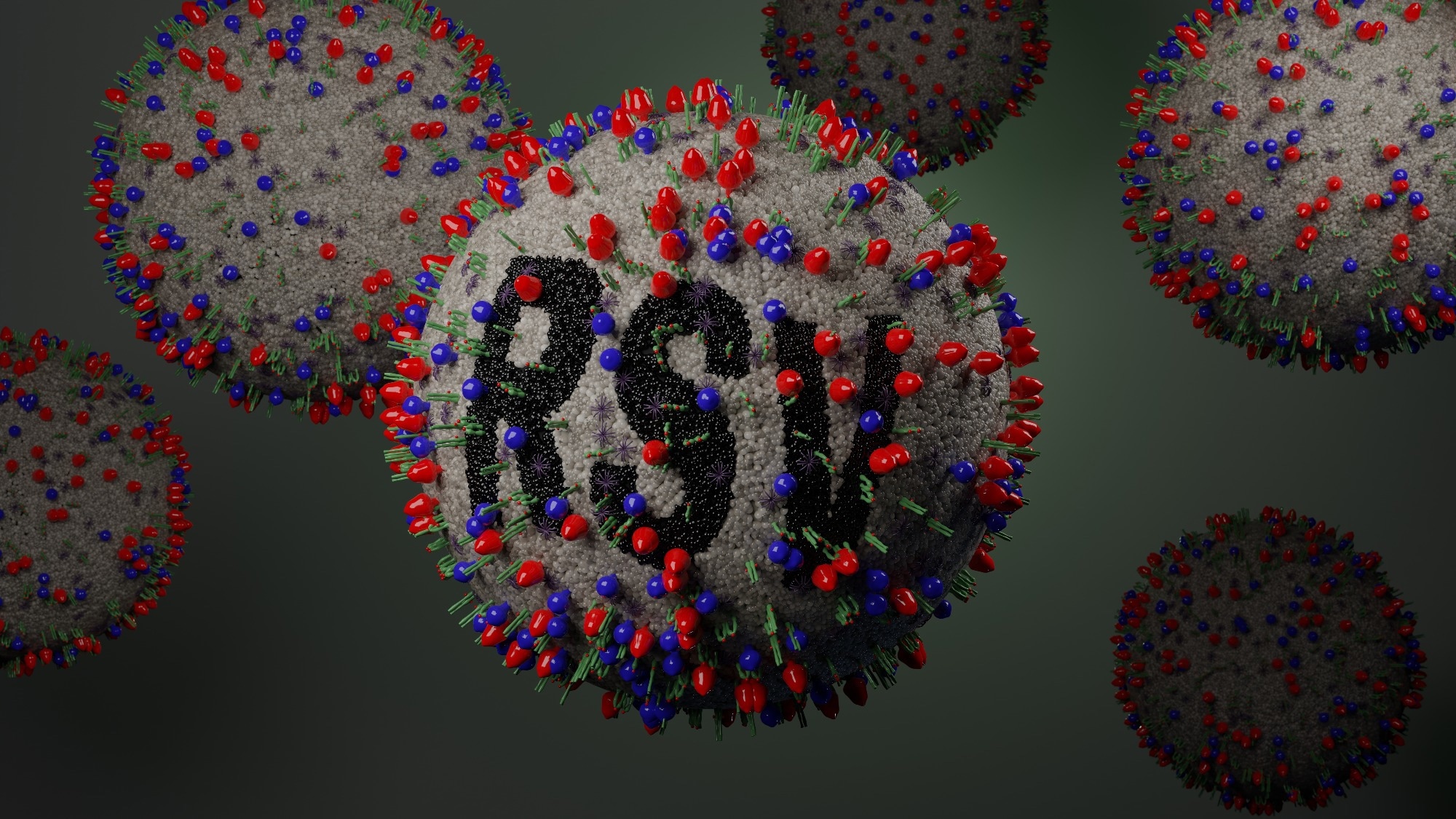In a recent public health advisory, the United States Centers for Disease Control and Prevention (CDC) predicts the respiratory syncytial virus (RSV) activity for the upcoming winter season and encourages clinicians to adopt and implement new RSV prevention tools.
Advisory: Increased Respiratory Syncytial Virus (RSV) Activity in Parts of the Southeastern United States: New Prevention Tools Available to Protect Patients, Distributed via the CDC Health Alert Network, September 05, 2023, 2:00 PM ET CDCHAN-00498. Image Credit: Pete Hansen / Shutterstock.com
Background
Every year, the CDC issues a health advisory for the public and clinicians throughout the United States through its Health Alert Network (HAN) regarding RSV activity. RSV, a ribonucleic acid (RNA) virus, causes severe respiratory infections in infants, children, and older adults.
Prior to the coronavirus disease 2019 (COVID-19) pandemic, the annual RSV season in the U.S. began in the fall and often reached its peak by winter. Due to mitigation measures implemented during the pandemic, RSV spread reduced between May 2020 and March 2021; however, the spread of RSV eventually returned to its typical seasonal trend.
However, in 2021, RSV began spreading in May, peaked by August, and continued through December. In 2022, RSV again became active in the summer but peaked in October and November, declining rapidly by winter.
Unlike its onset timing, post-pandemic RSV activity follows the same geographic pattern as before the pandemic in 2021-2022. More specifically, RSV often begins to spread in Florida, moving throughout the southeast and then spreading further to the northern and western U.S.
In 2023, the CDC observed increased RSV activity in the southeastern U.S. in late August. According to the National Respiratory and Enteric Virus Surveillance System (NREVSS) data, the weekly percentage of polymerase chain reaction (PCR) test-based positive detections remained below the season’s onset threshold of 3% for two weeks.
In Georgia, rates of RSV-associated hospitalizations increased, whereas in Florida, the three-week PCR positivity moving average was over 5% from the week ending July 22, 2023.
New tools for RSV prevention
In 2023, nirsevimab, as well as RSVPreF3 and RSVpreF vaccines, became available to the public since their recent approval. Nirsevimab is a U.S. Food and Drug Administration (FDA) approved long-acting monoclonal antibody (mAb) that is currently indicated for infants younger than eight months, as well as children between eight to 19 months of age who are at a high risk of severe illness due to RSV infection. Clinical trials have established that a single intramuscular injection of nirsevimab is safe, effective, and could protect infants for at least five months.
The CDC asked clinicians to consult local, territorial, or state authorities on the timing of nirsevimab use, especially in regions with less predictable RSV seasonality. Current recommendations for nirsevimab include one dose for all infants ages eight months or younger entering their first RSV season or born during this time, within the first week of birth, and another as early as possible during their first RSV season. The prescribed dose is 50 and 100 mg for infants weighing less than five kilograms (kg) and over five] kg, respectively.
The CDC also recommends that children between eight and 19 months of age who are at an increased risk of RSV infection, such as those who are immunocompromised, should receive one dose of 200 mg nirsevimab before entering their second RSV season.
According to the American Academy of Pediatrics (AAP) recommendations, children 24 months or younger at a higher risk for severe RSV disease could also receive palivizumab mAb until nirsevimab becomes available.
RSVPreF3 and RSVpreF, which are recombinant protein vaccines, have also received FDA approval for use in adults 60 years and older. In a clinical trial that included 38,177 participants over 60 years of age, these vaccines were associated with over 80% efficacy in preventing RSV-related lower respiratory tract disease. The RSVpreF vaccine was also approved for use in pregnant women between 32-36 weeks.
Clinicians are advised to discuss RSV vaccination with their adult patients who are over 60 years of age. Notably, all vaccines for which a patient is eligible, including those against COVID-19, influenza, and RSV, may be administered together.
Adults with advanced age and specific chronic medical conditions, such as chronic obstructive pulmonary disease (COPD), might benefit the most from vaccination. Clinicians should also consider testing symptomatic patients to inform patient management and ask those testing positive to stay home to prevent onward viral transmission.
Conclusions
RSV causes between 58,000-80,000 and 60,000-160,000 hospitalizations in children five years and younger and adults aged 65 years and older, respectively, every year in the U.S.
Given its increased activity in the southeastern U.S. in August 2023, healthcare service providers must remain prepared and informed and take preventive measures to reduce the risk of RSV-related hospitalizations and death.
Source:
- Increased Respiratory Syncytial Virus (RSV) Activity in Parts of the Southeastern United States: New Prevention Tools Available to Protect Patients, Distributed via the CDC Health Alert Network, September 05, 2023, 2:00 PM ET CDCHAN-00498. https://emergency.cdc.gov/han/2023/han00498.asp
